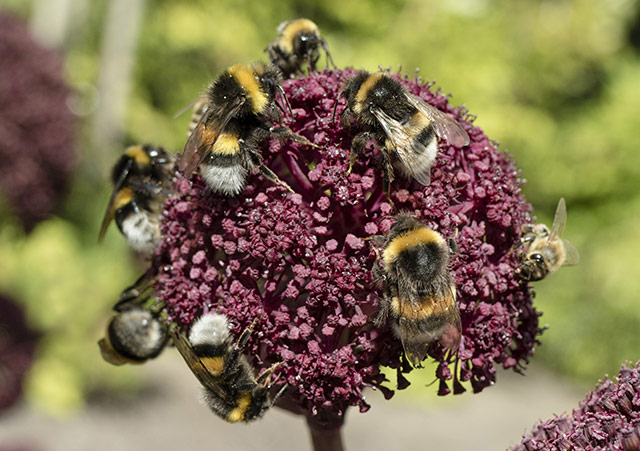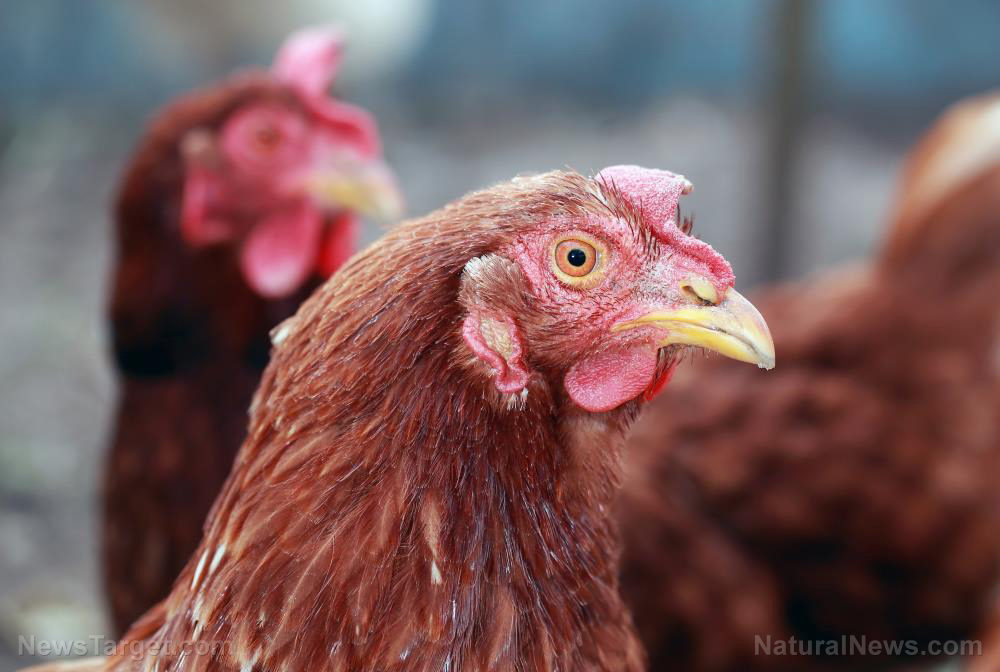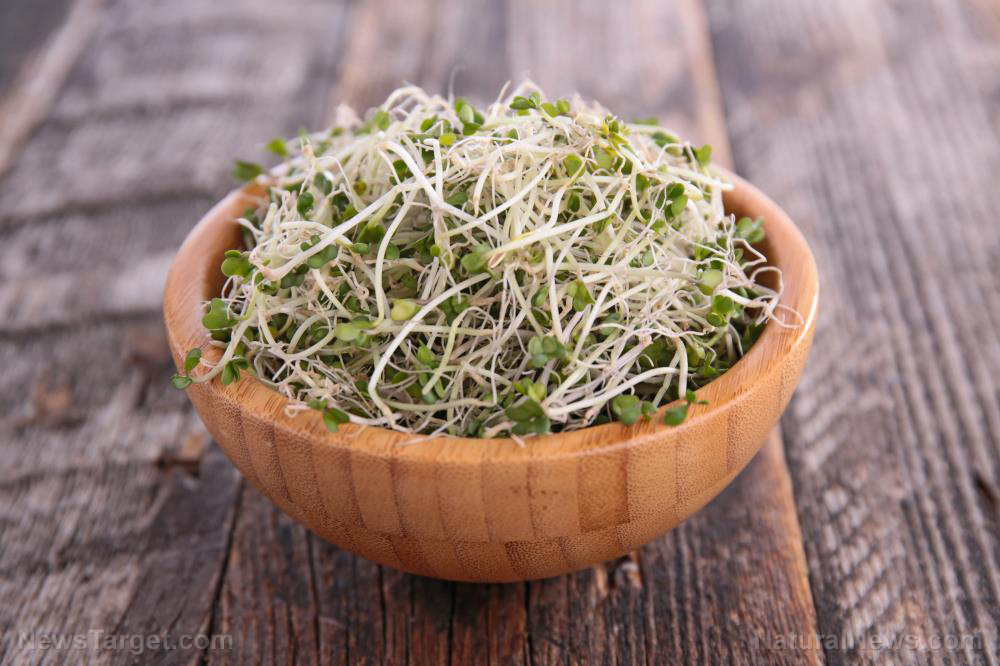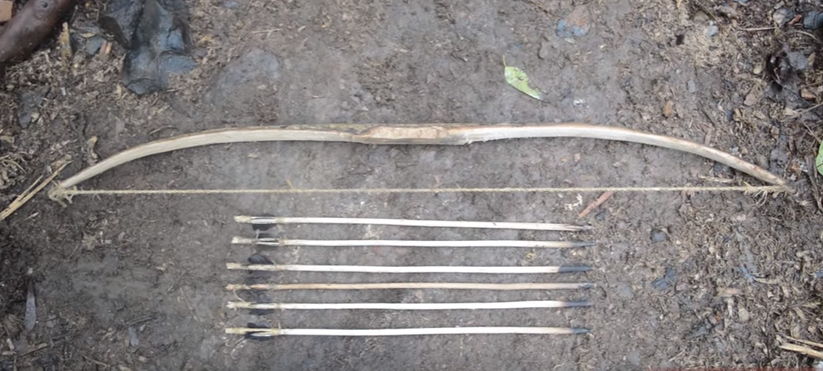Just how amazing are bees? Without them, humans are in trouble
03/09/2023 / By Olivia Cook

Pollination is responsible for the biodiversity of both plant and animal species. It is the most evident and large-scale reproductive mechanism of nature.
And there is no better pollinator than bees.
Being a bit constrained in terms of movement, plants need an agent to transfer the pollen from their male parts (called anther) to their female parts (called stigma).
When a bee lands on a flower, it attracts the pollen grains through electrostatic force. An ion exchange takes place between the positive charge of the bee and the negative charge of the plant. This is how the bee retrieves the pollen, then carries it to the other plant species.
A single bee colony can pollinate three million flowers a day.
Bees pollinate about 70 of the 100 crop species that feed 90 percent of the world’s population. Species that are directly dependent on pollination, such as apples, blueberries, cherries, oranges and squash would disappear without the bees’ input.
When bees pollinate, they contribute to the safety of crops and help conserve biodiversity. Without bees, humans are in trouble. (Related: What honey bees really do for us.)
But aside from being the world’s most efficient pollinator, there are plenty of interesting things about bees that you probably don’t know. Here are some of them:
Bees have sophisticated memory
A study published in The Journal of Experimental Biology demonstrated that despite their tiny brain, bees possess a sophisticated memory and are able to remember tasks within a temporal context. That being said, bees can “plan” their activities in time and space and use context to determine which action to perform and when.
Bees have exceptional navigational memory to fly home
Researchers have shown that bees find their way home by “orienting themselves” in relation to dominant linear landscape elements.
A study published in the journal Frontiers in Behavioral Neuroscience had shown that honeybees use a “navigational memory” – a kind of mental map of the area that they know – to guide their search flights when they look for their hive.
Linear landscape elements, such as water channels, roads, field edges and boundaries, appear to be important components of this navigational memory.
Bees have many eyes
Bees have two types of eyes: compound and simple. They have two large compound eyes and three small simple eyes.
The compound eyes are on both sides of the head and divided into hexagonal shapes called ommatidia. The simple eyes, or ocelli, are in a triangle on top of their head. These simple eyes help them when they’re in the honeycomb in the dark and also to see their peers with infrared vision.
Their compound eyes have ultraviolet vision and can spot more flowers with nectar than anyone, which is why the bees are perfect for the job.
Bees dance
Bees have a mysterious and pretty unusual dance. Once they find food they return to the hive and start dancing to communicate where the food is to their peers.
There are two kinds of dance: the round and the waggle.
The first is moving in circles and alternating clockwise and counterclockwise. It is done when the food is less than 109 yards from the hive.
The second is used when the trip is longer than 109 yards and is performed by drawing an eight.
Learn more about bees at Bees.news.
Watch the following video to learn why bees are our “planetary elders.”
This video is from the Winston Churchill Loves Vitamin D channel on Brighteon.com.
More related stories:
Bees’ brains more powerful than computers.
Trained bees successfully locate landmines in Croatia.
Sources include:
Submit a correction >>
Tagged Under:
bees, Ecology, environment, honey bees, infrared vision, navigational memory, ommatidia, pollinators, research, ultraviolet vision
This article may contain statements that reflect the opinion of the author




















